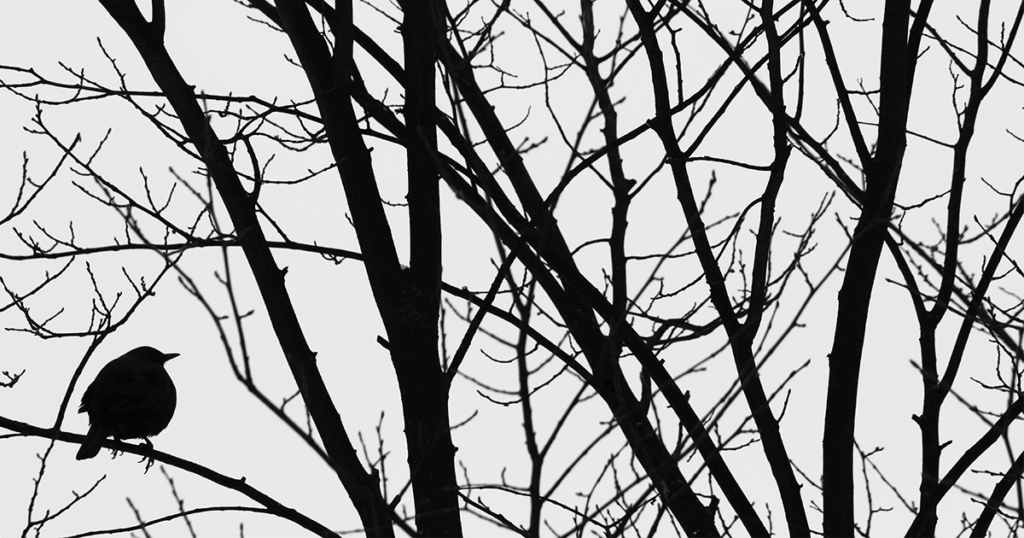
When I lived in a group house last term, I was satisfied to be wide-eyed and working many hours before anyone else. There was no reason to feel superior—they were typing late into the night while I slept—but still, I was smug. Now, though, in a new building and with spring just around the corner, I hear birds when I wake up. They are lovely and bright sounding (blackbirds, I believe), and yet, I don’t like feeling behind. They’ve beaten me at my own game—even when I’m up before the sun.
But maybe my frustration is justified. After all, these birds were lounging off the coast of Spain when I was shivering in the dark of winter. They were on vacation while I was plodding through academic essays. It doesn’t seem right that these galavanters should now get all the glory. Or rather, some birds—wrens, robins, blackbirds. The mourning doves don’t show up until they’ve had a full English breakfast, ready to croon from chimney pots with protruding bellies.
By that point, though, I’m usually out the door for a run into the fields west of Cambridge, where the pheasants strut. Often I’ll stop in the city center to shop for groceries, then walk home through Sheep’s Green, a boggy grassy park through which the Cam flows. Here the songbirds, with whom I generally get along, despite my hidden resentments, give way to massive swans standing sentinel in the middle of the path. Feet like greasy blackened flapjacks, necks swiveled backward in perfect pole-vaulter form—the swans rule this roost. I flit, I fly, careful not to pick a fight with a bird tall enough to poke an eye or nip an Adam’s apple.

